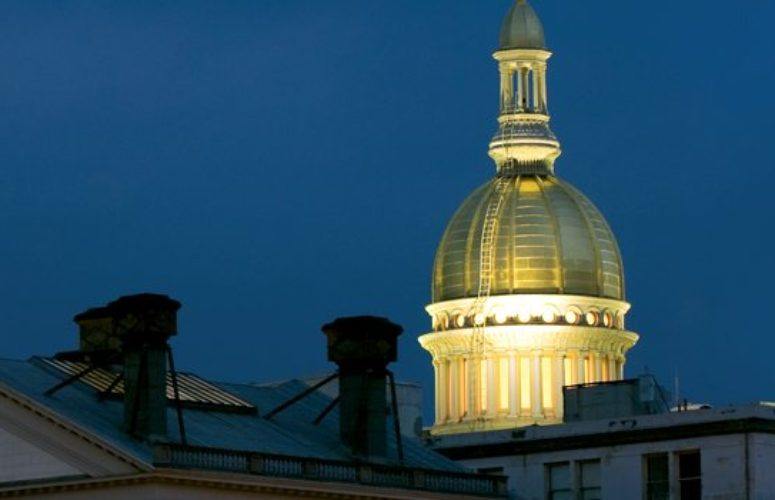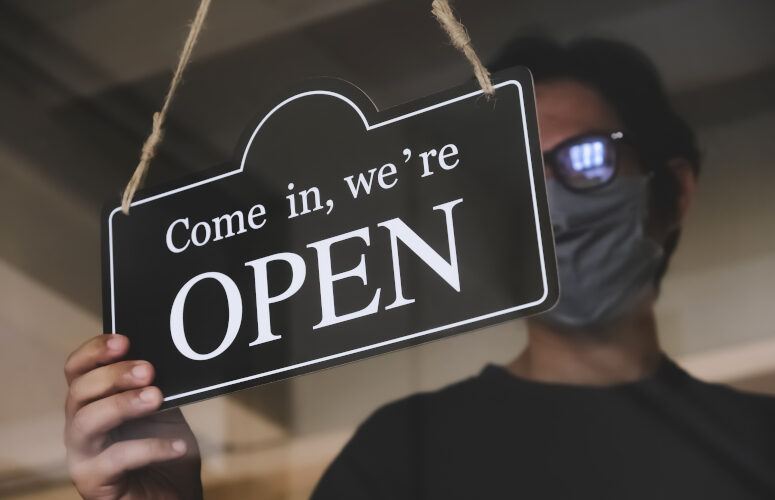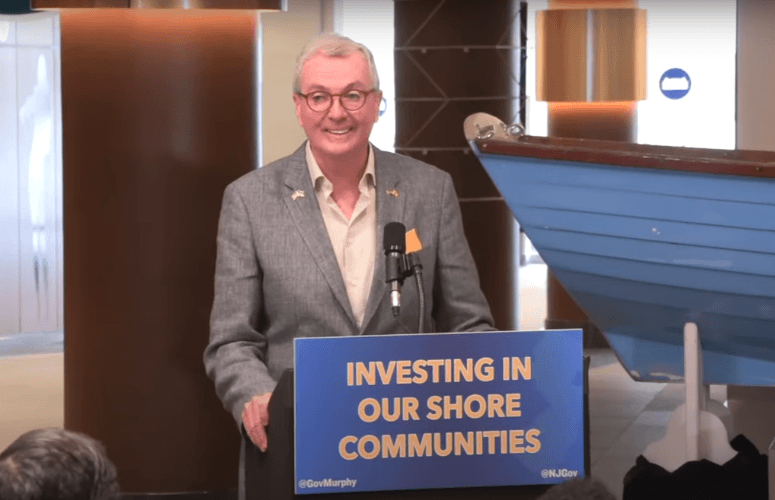
New Jerseyans Split on Murphy’s First Year
On Feb 12, 2019With just over a year under his belt, Gov. Phil Murphy earns a split decision on his job performance, according to the latest Monmouth University Poll. Public opinion tends to be more negative than positive about his agenda’s impact on property tax payers and the middle class, while views are divided on whether he has helped poorer residents of the state. The public is largely unaware of certain issues that have been the talk of Trenton – namely legislative hearings into the administration’s hiring practices and the governor’s relationship with legislative leaders.
Currently, 43% of New Jersey adults approve of the job Murphy is doing as governor, which is similar to the 44% rating he earned in April 2018. However, his current 40% disapprove rating is higher than the 28% negative rating he received last year. Another 17% have no opinion of the governor, down from 28%. Murphy’s current rating is less positive than his two immediate predecessors at the same point in their terms. A February 2011 Monmouth poll gave then-Governor Chris Christie a 47% approve to 40% disapprove rating and a February 2007 Monmouth poll gave then-Governor Jon Corzine a 44% approve to 34% disapprove rating. Murphy, is doing better than Jim McGreevey, though – a February 2003 Eagleton poll gave the then-governor a 34% approve to 45% disapprove rating.
Murphy’s rating among political independents has flipped since last year – he currently holds a net negative 39% approve and 43% disapprove rating with this group compared to a net positive 41% approve and 33% disapprove rating in April 2018. Republicans have become more negative – 11% approve and 85% disapprove now, compared with 17% – 59% last year. Democrats, on the other hand, are largely positive, but a sizable percentage say they still have no opinion of Murphy’s job performance after one year on the job. Currently, the governor earns a 66% approve and 9% disapprove rating from his fellow Democrats, which is nearly identical to his 65% approve and 7% disapprove rating in April 2018. Fully 1-in-4 Democrats (25%), though, do not have an opinion of the governor, which is similar to the number from last year (28%).
“Murphy started his term with greater public goodwill than his recent predecessors, but he has now fallen behind them. The most troubling result may be the large number of his fellow Democrats who continue to take a wait-and-see attitude. It seems he has yet to score a defining win with his base despite spending a significant amount of energy pushing a progressive agenda,” said Patrick Murray, director of the independent Monmouth University Polling Institute.
Murphy has cast a particular focus on building a “fair economy” for those who have been left behind, but he currently gets mixed reviews for how his policies have affected poorer residents. While 27% say his policies have helped the poor, a similar 28% say they have actually hurt this group and 27% say they have had no impact. Expectations were slightly higher last April when 38% of the public expected that Murphy’s policies would help poor residents of the state while 29% expected his policies would hurt this group. Transit riders are another constituency for whom the governor’s policies receive mixed reviews. Just 14% say Murphy has helped transit riders, 25% say his policies have hurt them, and 23% say there has been no impact. Last year, 28% expected his policies would help transit riders and 19% said they would hurt this group.
One signature achievement for the Murphy administration has been enacting a minimum wage hike. Two-in-three New Jerseyans (66%) approve of the move, which will increase the minimum wage for most workers to $15 an hour by 2024. Just 29% oppose it. However, other poll results suggest that the governor has yet to win voter sentiment on the benefits of his agenda overall.
The poll also finds that few New Jerseyans feel the middle class – property tax payers in particular – have benefitted from Murphy’s time as governor. Just 18% say Murphy’s policies have helped middle class residents in the state. More than twice as many (39%) say his policies have hurt the middle class, while 27% say his policies have had no impact on this group. Ratings are even lower for property tax payers; only 6% say Murphy’s policies have helped this group while nearly half (48%) say they have been hurt by his policies. Another 29% say property tax payers have felt no impact either way from Murphy’s policies. These results are in line with New Jerseyans’ expectations for how his policies would affect these groups according to Monmouth’s April 2018 poll.
Garden State residents are divided on whether wealthy residents have been helped (22%), hurt (21%), or felt no impact (30%) from Murphy’s policies. There is somewhat more negativity regarding the administration’s effect on businesses in the state – 20% say businesses have been helped by Murphy’s policies and 33% say they have been hurt, with 24% who say state businesses have felt no impact either way. The results for wealthy residents are in line with expectations last year although the current findings for Murphy’s impact on businesses are slightly less positive than expectations last April.
To access more business news, visit NJB News Now.
Related Articles:





